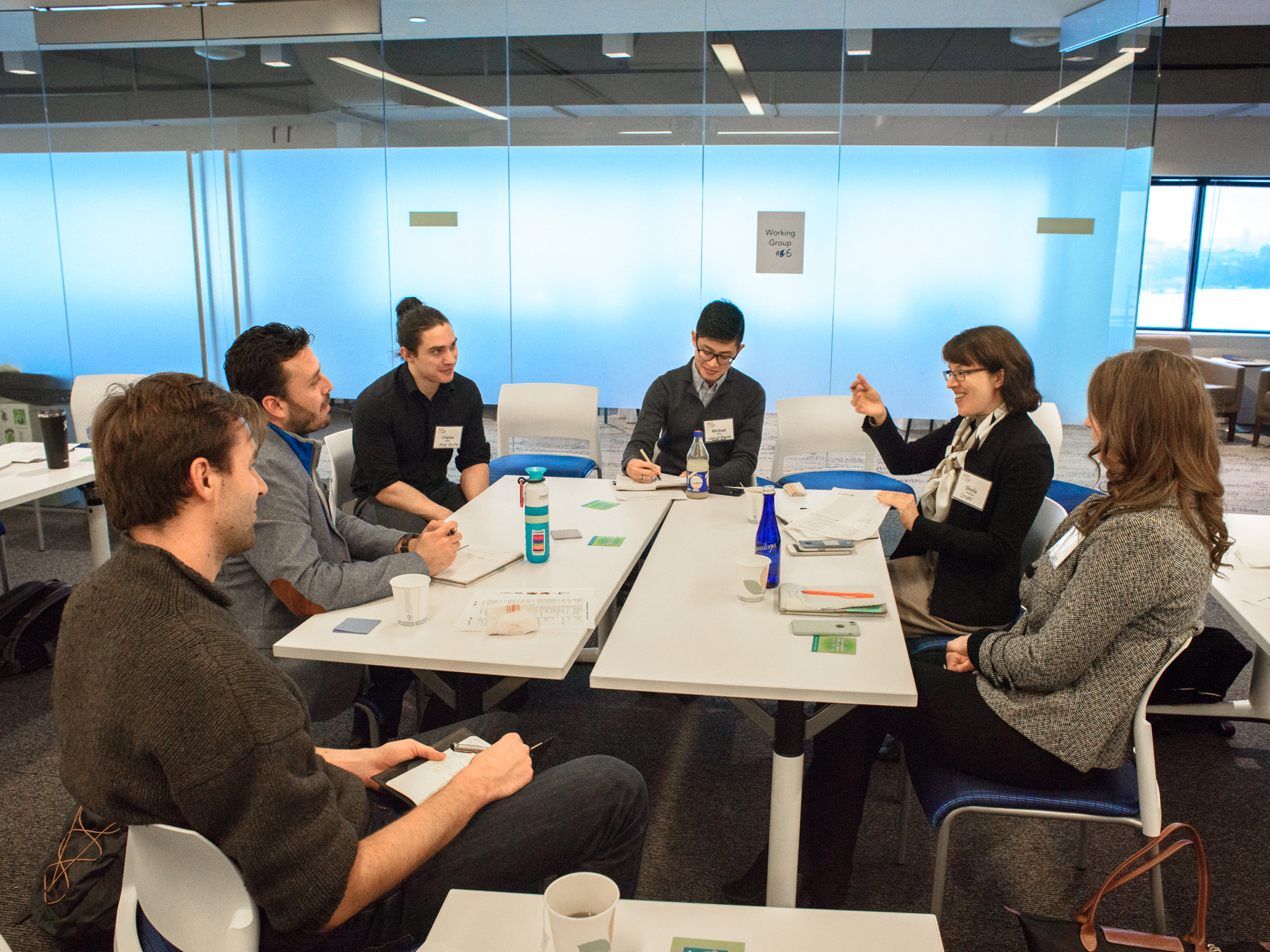Menu
ESI Stories
Three questions on sustainability education with Liz Potter-Nelson
ESI has a brand-new hire this week: Liz Potter-Nelson, our postdoctoral associate in environment and sustainability education. Liz has long roots in education, having worked as a high school physics and chemistry teacher, a science department chair, and in multiple advisory positions for teachers and administrators. She also holds a doctorate in Educational Sustainability from the University of Wisconsin-Stevens Point, where her dissertation examined key sustainability competencies in undergraduate education courses. At ESI, Liz will focus on bringing new climate, environment and sustainability teaching tools to teachers in secondary and higher education across the U.S. You can read more about her background here.
To introduce Liz, we asked her three questions about bringing sustainability concepts into classrooms.
 How did you become interested in sustainability education?
How did you become interested in sustainability education?
I became interested in sustainability education as I started to step outside of my classroom and interact with the complex nature of educating students. Initially this was through an equity lens, working to remove barriers for secondary students and early-career teachers, but has grown to encompass a more holistic understanding of the interconnectedness of the decisions that impact the education system.
What would help teachers do an outstanding job teaching sustainability concepts?
It is important for teachers to see that sustainability isn’t an add-on to what they are currently teaching. At the heart of it, sustainability education is interdisciplinary and embraces many of what are considered to be best practices in education. Providing teachers with the training and support to make small adjustments to existing lessons or enhance their current practices can go a long way in supporting sustainability in the classroom at any level.
What makes you hopeful about the future of sustainability education?
Ultimately, I think that the overwhelming majority of people who engage in the education system are hopeful people. They are change agents, who see the good in their students and are willing to help these individuals grow. And the knowledge that many of them are eager to continue growing their practices to embrace sustainability, so that they and their students can tackle wicked problems, gives me hope.
















